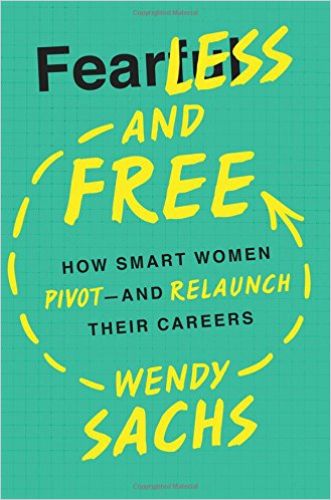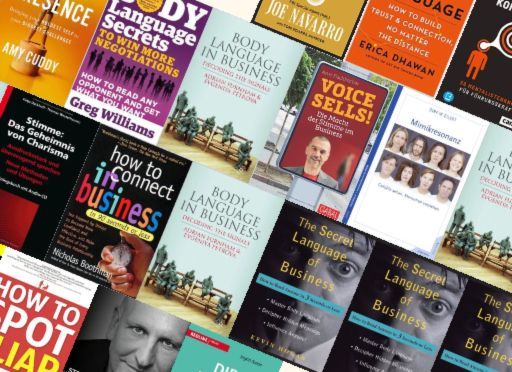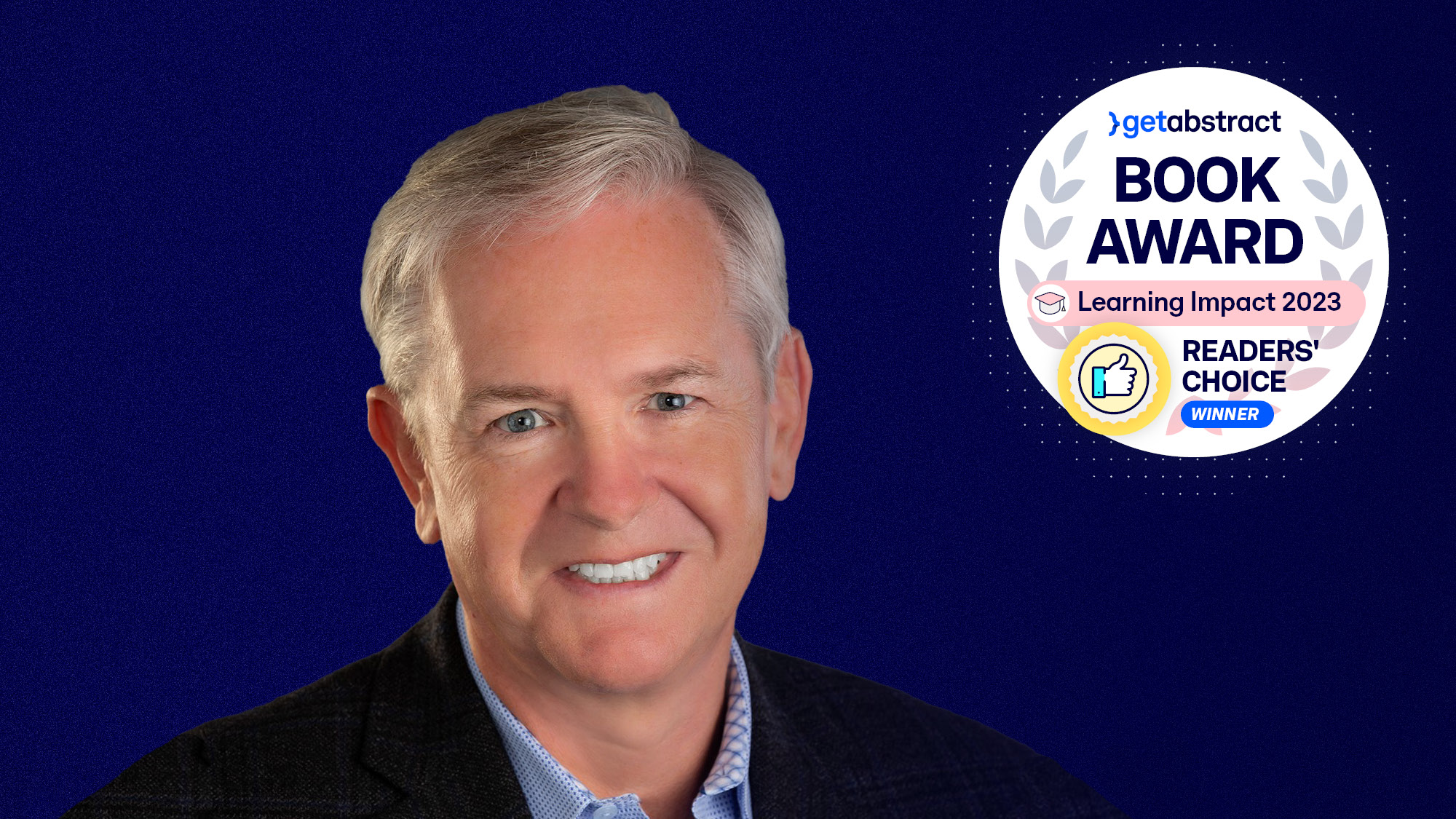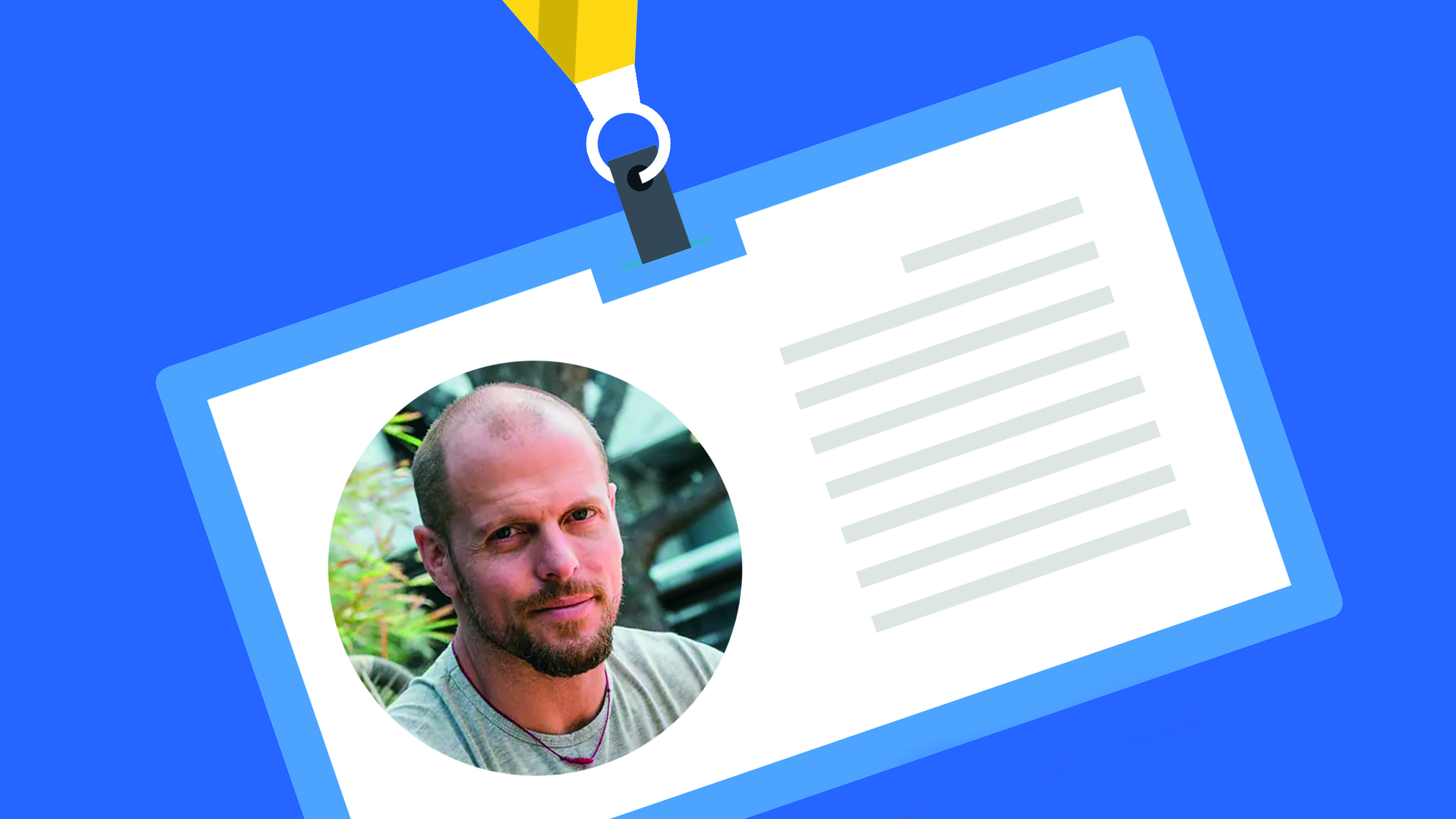Amy Cuddy

Amy J.C. Cuddy, PhD, is a social psychologist, a lecturer at Harvard Business School and the best-selling author of Presence: Bringing Your Boldest Self to Your Biggest Challenges.
Cuddy is an expert on “power, presence and prejudice.” Find out more at AmyCuddy.com.
1. Amy Cuddy’s Key Findings and Messages
- Nonverbal expression – body language – affects how others see you and also how you see yourself.
- Presence is the quality of bringing your best self to stressful situations.
- Your authentic self flows from your values.
- Imposter syndrome is the opposite of feeling present.
2. Why Do They Matter?
Cuddy’s area of expertise is in developing presence – the ability to show up fully in any situation as your authentic self – which comes from a sense of personal power. This sense of confidence shows up in your body language. Venture capitalists look more for leadership presence, communicated through body language, than any other attribute. Humans, like other animals, project power and dominance by expanding. They make themselves as big as they can. Studies show students that who practice expansive poses before tests get better results than those who don’t. Cuddy accomplished what eludes so many scholars by demonstrating a simple yet powerful way to apply the results of her research to help others gain confidence. By striking expansive “power poses,” for example, the “victory pose,” where you lift up your arms and chin, people can improve their sense of personal power and thereby their presence, their optimism and their openness to opportunity.
Intense criticism by other social psychologists caused Cuddy to publish an article in Psychological Science backing up her claims with new data. She changed the phrase “power posing” to “postural feedback,” but showed her main conclusion held: Expansive poses have a measurable effect on a person’s sense of confidence and power. They tell your nervous system you are safe. Research is ongoing to clarify whether these poses have a measurable effect on hormone levels.
3. To Understand Cuddy’s Work, Start Here
Amy Cuddy’s 2012 TED Talk, “Your Body Language May Shape Who You Are,” is the second most-viewed TED Talk of all time. The question that guided her research on body language was: Since the mind can influence the body and how you feel, your sense of confidence and how you show up in the world, is the reverse also true? Can the body influence the mind when a person is feeling powerless?
Highlights:
- Your body language influences others and also yourself.
- Holding “power poses” can boost your confidence before stressful situations.
4. Practical and Quick Insight:
Cuddy’s 2015 New York Times best-selling book Presence: Bringing Your Boldest Self To Your Biggest Challenges elaborated on her TED Talk themes:
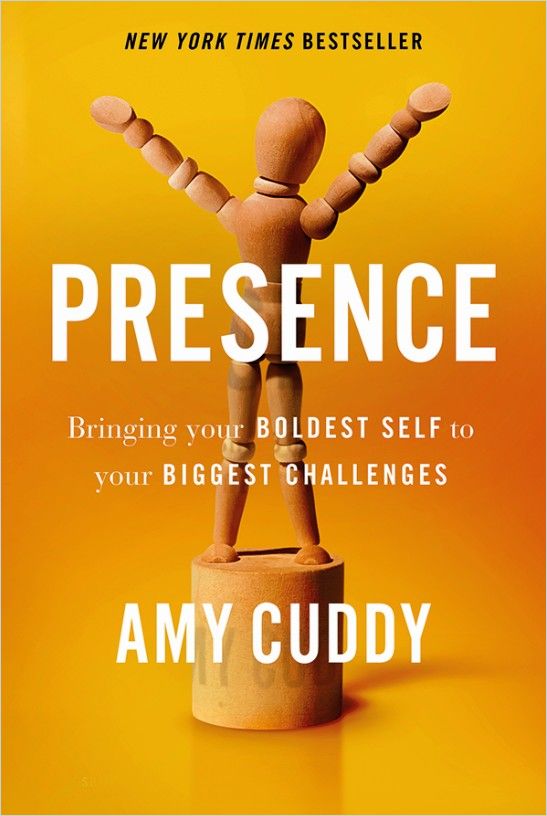
- Achieve presence by being yourself – naturally saying and doing what you believe.
- Presence lets you bring your best and fullest self to challenging situations.
- Breathing and “power poses” can “nudge” you to greater confidence.
- Learn more…
In this clip, Late Show comedian Stephen Colbert and Amy Cuddy demonstrate “power poses,” and how body language can sometimes convey undesirable messages.
- In the “victory pose,” you lift your arms and chin up.
- In the “Wonder Woman pose,” you stand with feet apart and hands on your hips.
- When you smile, it makes you feel happy.
- By changing your body posture, you can change your state of mind.
Don’t ‘fake it ’til you make it.’ Fake it until you become it.
Amy Cuddy
5. Evaluate the Details
- The COVID-19 pandemic depleted everyone’s personal power, yet reestablishing it is vital to feeling safety in your life.
- Personal power can’t substitute for competency, but can give you the confidence to reveal your skills and build on them.
- Socially courageous people have a greater sense of personal power and are more likely to stand up for people who are being abused.
- Self-affirmations based on identifying your most important values can boost your sense of personal power.
- “4-7-8 breathing” calms the nervous system. Breath in for a count of 4, hold for a count of 7, exhale for a count of 8.
- Being your authentic, best self does not mean your unfiltered self.
- When you’re present, your verbal and nonverbal language align. When you lie, it doesn’t.
- When you’re present you invite others to also be present.
Simon Sinek discusses connecting to subcultures with Amy Cuddy. She’s a self-avowed “Deadhead,” a superfan who follows the Grateful Dead band to consecutive concerts when they tour. Each performance is unique, but it’s the “radical kindness” of fellow fans that drew her in. The community’s abundance mind-set reminds her of her own core values and she tries to bring these into her professional life.
- Humans are innately wired to seek belonging in a community.
- Tribes can bring out the best or the worst in people.
- Ideally tribes come together over shared values rather than fear.
- Instead of focusing on a task that makes you nervous, focus on who you actually are.
- Presence is contagious and mutually reinforcing.
We are missing out on moments of love because we’re looking for this ridiculous sort of Hollywood concept of love, but it’s just one tiny part of love.
Amy Cuddy
6. Additional Resources by Topic
- Arrange your environment to encourage expansive postures – In this video interview with Susan Cain, Cuddy suggests these tips to set yourself up for more positive postural feedback:
- Sit up straight at your desk, arms on your chair arms.
- Set up your office so you need to reach to grab things you need.
- Put family pictures high so you have to look up to see them.
- Schedule walking meetings.
- Confidence versus arrogance – Cuddy discusses the distinction in a conversation with Adam Grant and Susan Cain. Confidence is open and invites feedback; you’re willing to be vulnerable. Arrogance repels others. It causes others to react aggressively or to withdraw: “You don’t want to be domineering because that just shuts people down. You want to be connecting with people.”
- Imposter syndrome – People who keep growing constantly face new rounds of “imposter syndrome” as they try new things. But each time it gets easier to manage.
- The nature of power – People misunderstand power. It doesn’t corrupt, it reveals. In “Advice from Women Who Lead,” Cuddy says, if you feel imposter syndrome, use your position of authority to reveal who you are. She’s the first speaker at this Aspen Ideas Festival:
The way you carry yourself is a source of personal power – the kind of power that is the key to presence. It’s the key that allows you to unlock yourself – your abilities, your creativity, your courage, and even your generosity.
Amy Cuddy
Authors who have similar ideas and represent the same values:
Presence stems from believing in and trusting yourself – your real, honest feelings, values, and abilities. That’s important, because if you don’t trust yourself, how can others trust you?
Amy Cuddy
7. Deep Dive: Remaining Authentic and Open
Find out more about Cuddy’s main topic in our related Journal articles:
About Our Thought Leader Profiles
Biographies can be found on Wikipedia. What you find here are instant practical insights into the thinking of important contemporaries. With the necessary references to the summaries of their works at getAbstract, of course.


